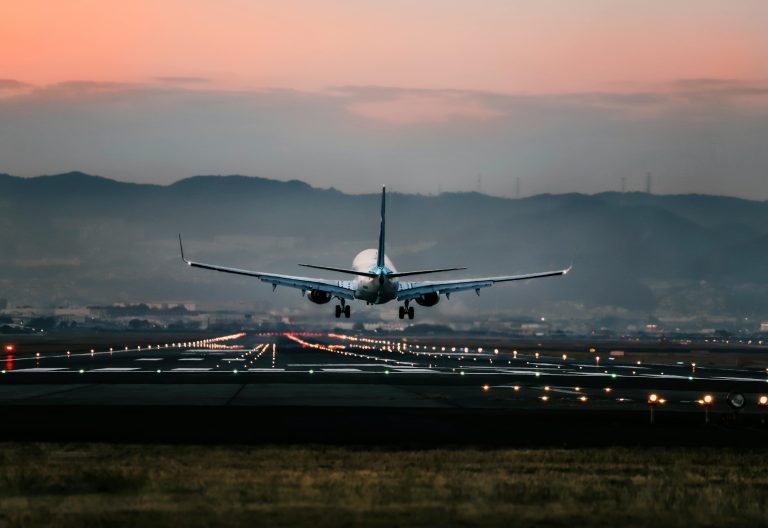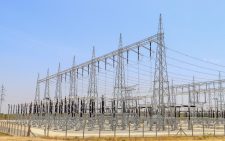Treasury asked to discard obsession with more taxes

Captains of industry have decried the country’s never-ending obsession for more and higher taxes, blaming this for the current high cost of living.
Through their association, they said the government was constantly adding new taxes on products, levies that were being passed on to consumers. “If you add excise tax on water, you can be sure that it will end up in the price of that bottled water so consumers always pay taxes,” Kenya Association of Manufacturer (KAM) chairman Mucai Kunyiha said yesterday.
The statement disabused Kenyans of a widely held belief that it was the manufacturers who bear the brunt of these levies.
Since April, the cost of living has been rising partly because of disruption in the global supply chain brought by the Covid-19 pandemic but also according to Kunyiha, as a result of self-infliction.
“We are making costs rise by the choices that we are making, the taxes and the impact that we are putting on Kenyans,” he said.
Since the turn of the year, the government has been adjusting various taxes through the Finance Act and Regulations 2021, slapping a 10 per cent excise duty on resin, used to manufacture a wide range of products like paints and ink, with Kunyiha saying this not only disincentives local manufacturers but will also affect many sectors.
Introduction of taxes
“It is becoming more expensive to operate in Kenya due to the introduction of taxes, fees, levies and charges,” said Kunyiha.
For instance, he added the Crop (Nuts and Oil Crops) Regulations 2020 introduced new fees and levies as a measure to control 13 scheduled crops.
“Through the 2021 Finance Act, the government has introduced excise tax on raw materials and 16 per cent Value Added Tax on the supply of some products, effectively increasing the cost of doing business and final consumer prices,” said Kunyiha at a meeting themed “Reduce Cost of Living.”
During the event, manufacturers and small businesses called for urgent action to support their recovery from the Covid-19 pandemic economic shocks, and expressed concern on the current focus on politics without practical solutions to bring local businesses back on track.
He noted that the government has also proposed a 4.97 per cent inflation adjustment on specific rates of duty on alcoholic and non-alcoholic beverages, Motor Cycles, Cigarettes, and Petroleum Products, which is set to have an impact on consumers, manufacturers that Kunyiha said negate gains made in the fight against illicit trade.
In addition, the government has restricted deduction on interest for local companies at 30 per cent of earnings before interest, taxes, depreciation, and amortisation (EBITDA), raising the amount of capital local companies require for investments.
Restricted deduction
Kunyiha said some of Kenya’s excise duties are more than three times its neighbours, creating a huge price difference and fueling illicit trade across the countries’ borders a matter he said could be solved by having regional conformity around the duties.
KAM chief executive Phyllis Wakiaga said small businesses that operate formally are overtaxed and over-regulated.
She said a lot of these regulations were not well-thought out, replete with duplication, and not aligned to the larger economic objectives of the country.
“It is becoming a bit unco-ordinated and complicated for business and at the end of the day, it’s adding to the cost of doing business and eventually affecting the cost of products and the cost of living within our economy,” said Wakiaga.












